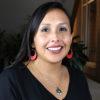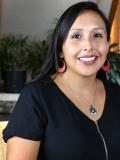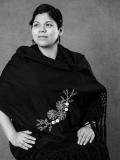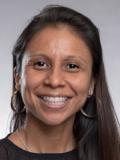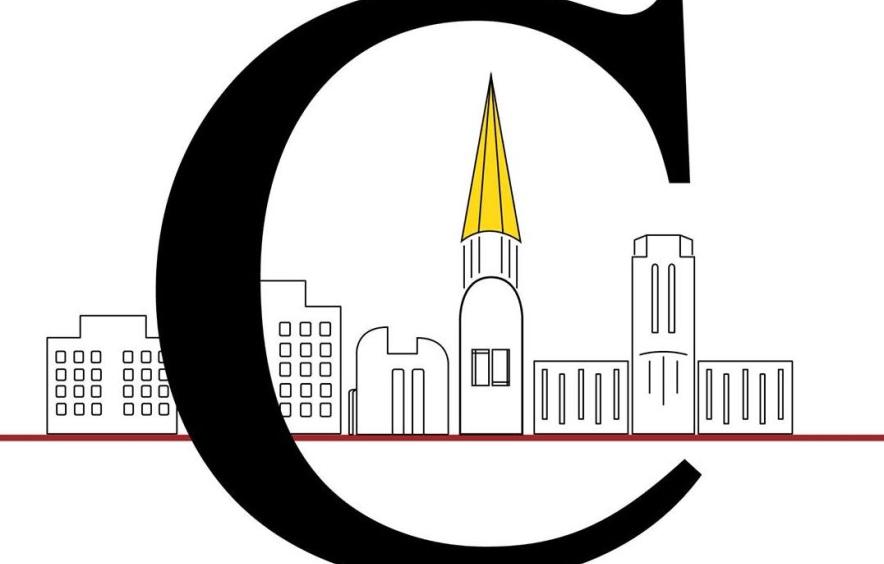
I write to you today in response to the USG resolution, which reflects the voices of our student leaders, activists and their allies on campus.

Tenacity and a commitment to realizing our mission of serving the public good are defining characteristics of the University of Denver. We call, and have been called on, to do more, act faster, and dig deeper on many issues facing our community and society broadly.
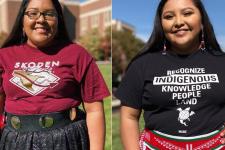
In recognition of Native American Heritage Month, DU Students Rae Woody and Alexis White Hat agreed to share stories of their heritage, traditions and college experience with the DU Newsroom.
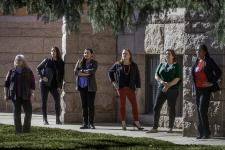
In recognition of Native American Heritage Month, several Native and Indigenous women faculty members agreed to field some questions from the DU Newsroom about their work and experiences. This is a selection of their responses, condensed and edited for clarity.

Food is love. You love DU. Ergo, you’ll really love the food that some of our University of Denver alumni are cooking up across the Denver metro area. Check out a few of the many restaurants owned by DU grads, and remember, this list is just a starter course!
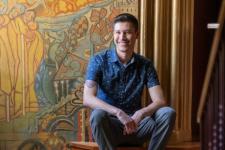
As a sophomore at the Red Cloud Indian School on the Pine Ridge Indian Reservation, Brennon Murdock found a friend in his bus driver, Viki Eagle, now director of the University of Denver’s Native American community relations and programs. She would make sure Murdock got home safely, even when he’d fall asleep and miss his stop, and she’d always wave to his mom.










